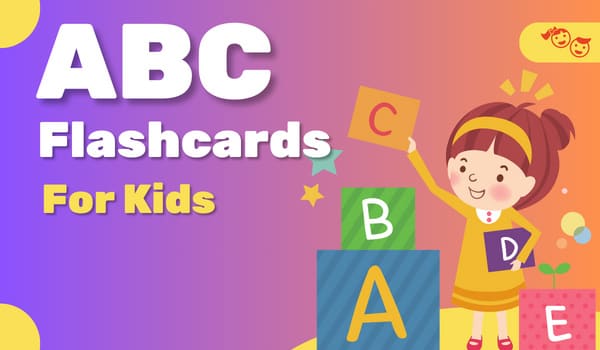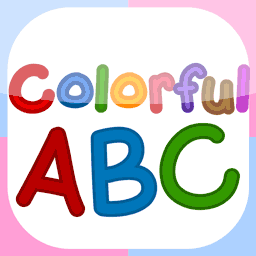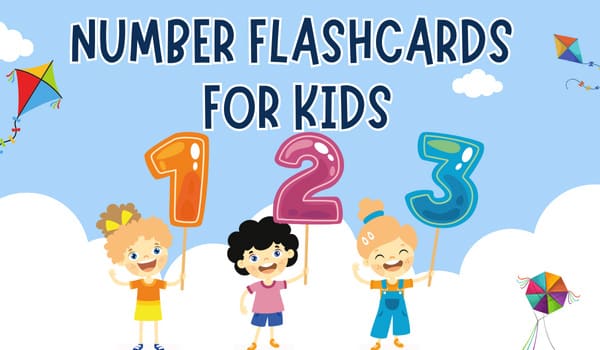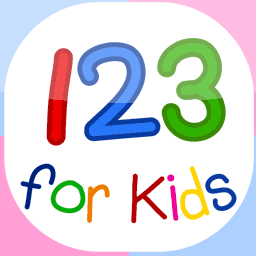Stepping into a kindergarten classroom is like opening a treasure chest of learning opportunities. This vibrant and buzzing environment serves as the first stepping stone in a child’s academic journey. As a kindergarten teacher, you are not just an educator, but an architect, shaping young minds and laying the foundations of their future learning experiences. Every day brings with it a new adventure, a new story, a new opportunity to ignite curiosity and instill a lifelong love of learning in these young scholars. That is why teaching a kindergarten is not a easy job, it requires a great deal of patience, creativity and adaptability.
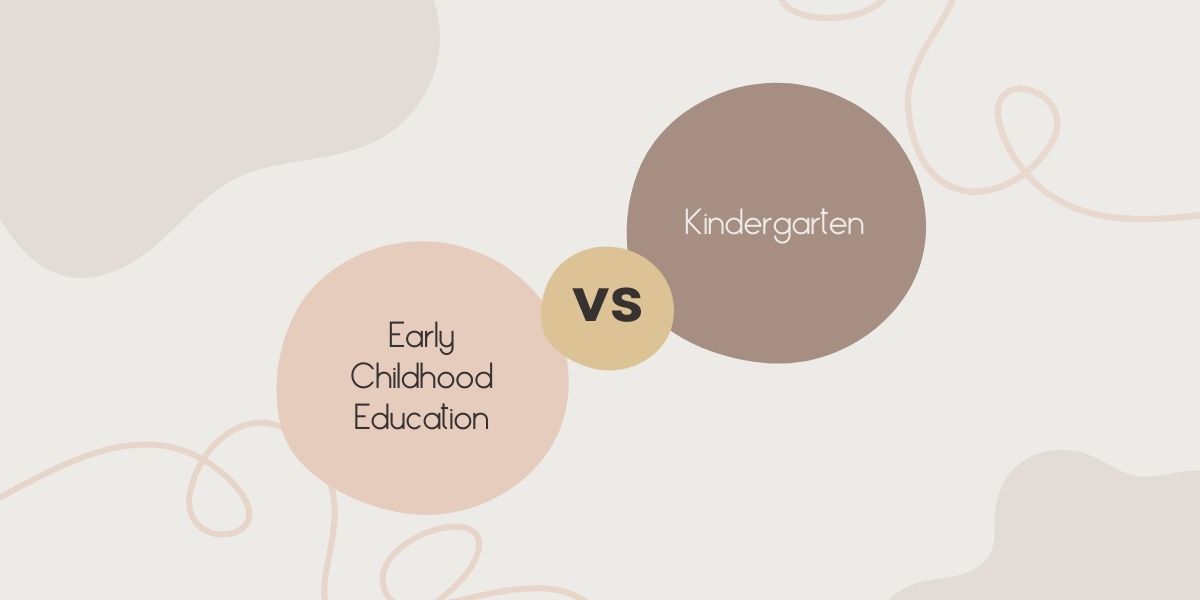
What is the Early Childhood Education?
Early childhood education (ECE) is a branch of education theory that relates to the teaching of children from birth up to the age of eight. It is a major period of growth and development in a child’s life, as experiences during this stage significantly influence cognitive, behavioral, social, and emotional growth. Early childhood educators play a profound role, providing high-quality education and care that foster children’s well-being and prepare them for future educational success. This sector often focuses on learning through play, based on the research and philosophy that children learn best through active engagement and interaction.
Early Childhood Education or Kindergarten:
When it comes to early childhood education and kindergarten, the lines often blur given the similarities in their goals. Both are aimed at nurturing the child’s growth and development during their early years, which are critical to shaping their future. However, there are nuanced differences. early childhood education encompasses education from birth to the age of eight, catering to various stages such as infancy, toddlerhood, pre-school, and kindergarten. On the other hand, kindergarten is a specific phase within this spectrum, typically catering to children aged five to six, acting as a bridge between pre-school and primary school. This stage focuses more intensely on structured learning and preparing children for formal education in the years to come.

Can You Teach Kindergarten With An Early Childhood Education Degree?
As you know kindergarten does not required high level education, a lot of people are curious about whether an early childhood education degree is enough to become a kindergarten teacher. Kindergarten or early childhood education just required basic academic skills and knowledge, such as language proficiency, mathematical concepts, and social interaction.
But because kindergarten is basic foundation of a child’s academic journey, some countries or states have specific requirements for those who want to become kindergarten teachers. In some cases, having an early childhood education degree is enough, while in others, specialized training or certification may be required. It ultimately depends on the regulations and standards set by each educational institution or government body.
Can Early Childhood Teachers Teach Kindergarten?
Once a teacher qualify as an early childhood educator, it does not limit them to only teaching infants, toddlers or pre-schoolers. In fact, many early childhood educators go on to become kindergarten teachers with their specialized knowledge and training in the field. Kindergarten teaching requires a deep understanding of child development and learning theories, which are integral parts of early childhood education. With proper preparation and experience, an early childhood teacher can transition into teaching kindergarten and beyond, continuously shaping young minds along the way.
Conclusion
Early childhood education is crucial for a child’s development, forming the foundation for future learning experiences. Whether through formal education or play-based learning, kindergarten teachers play a pivotal role in nurturing children’s growth and preparing them for the road ahead. With an early childhood education degree and a passion for teaching, one can jump on the journey of shaping young minds and creating lifelong learners.
Gift for Kindergarten:

